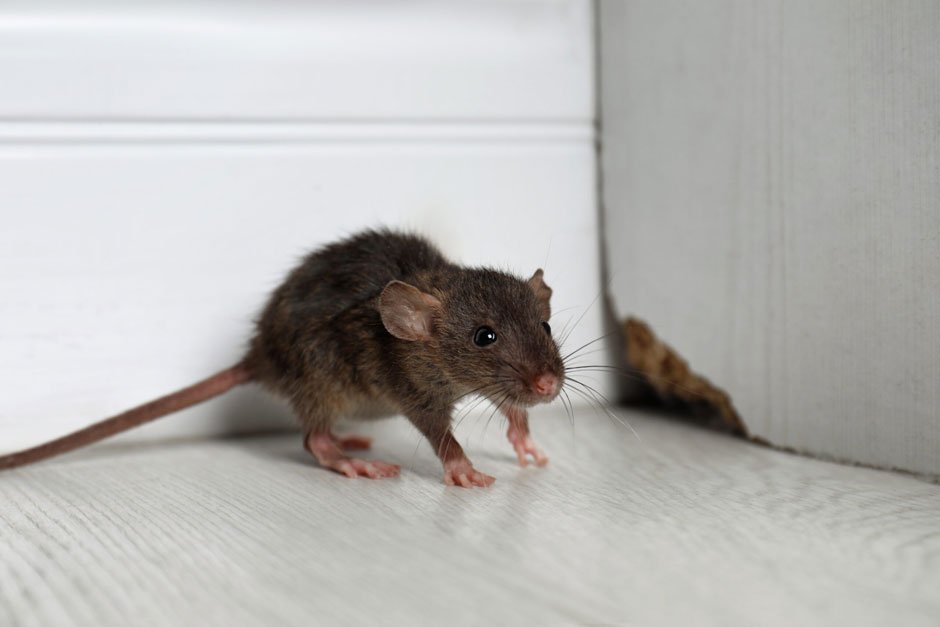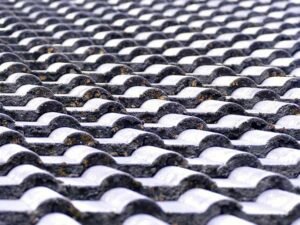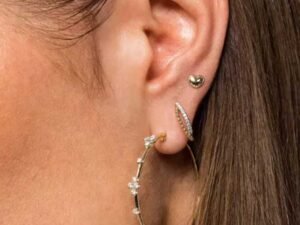Rodents may seem a minor nuisance; however, the truth is far more concerning. These pests can pose serious risks to your health, property, and peace of mind.
If you suspect rodents have invaded your home, it is essential to act quickly and seek professional rodent control before the problem worsens.
Beyond the apparent annoyance of scratching noises and chewed-up belongings, rodents bring with them a host of hidden dangers that many homeowners underestimate.
So, let’s get into it!
The Serious Health Risks of Rodent Infestation
One of the most alarming aspects of a rodent infestation is the potential health hazards it can cause to your loved ones.
One particularly dangerous threat is Salmonella, a bacteria often found in rodent feces. If it contaminates your food or kitchen surfaces, you could end up with severe food poisoning.
Similarly, Leptospirosis is spread through rodent urine and can cause serious kidney damage.
Another common threat is one linked to rodents: Hantavirus. Deer mice primarily spread this disease. This can lead to Hantavirus Pulmonary Syndrome (HPS). This severe respiratory condition can be fatal if not treated promptly.
The scary part?
You don’t even need to touch a rodent to be at risk—simply inhaling dust from their urine or droppings can be enough to contract the illness.
Rodents also play a role in spreading Lyme disease—not because they carry it themselves, but because they often host ticks that do. If a mouse or rat brings infected ticks into your home, your family and pets can all be at risk.
Additionally, rat-bite fever, although rare, can occur if you’re bitten or scratched by an infected rodent. If not treated immediately, this can lead to a fever, muscle pain, and even severe complications.
For those who have allergies or deal with asthma, rodents can make symptoms even worse. Their droppings, dander, and urine can trigger allergic reactions and respiratory issues.
How Can Rodents Damage Your Home?
Beyond the health concerns they can cause, rodents can cause extensive, not to mention expensive, structural damage to your home. Their constant need to gnaw means no material in your interior is truly safe from these invaders.
One of the most dangerous behaviors is their tendency to chew on electrical wiring. This leads to power outages and significantly increases the risk of electrical fires. Many house fires are traced back to rodents gnawing through wires hidden in walls and attics.
Insulation is another favorite target of these pests.
For example, mice and rats shred it to create nests, which leaves your home less energy-efficient. Not only that, but it also drives up heating and cooling costs, which is unsuitable for your financials.
These pests can also chew through PVC pipes, which leads to leaks that can cause water damage and mold growth.
Over time, rodents burrowing near a home’s foundation can weaken its structural integrity, resulting in costly repairs for the homeowner.
If rodents enter your HVAC system, they can spread allergens and foul odors throughout your home every time it runs. This affects air quality and can lead to expensive duct cleaning or replacement.
How To Recognize the Signs of An Infestation
Catching a rodent problem early on is the key to preventing major damage.
Here are some common signs to watch for:
One of the most apparent indicators is droppings—small, pellet-like feces found near food sources in cabinets or along baseboards. You may also notice gnaw marks on food packaging, furniture, or wooden structures.
If you hear scratching or scurrying noises in your walls or attic, especially at night, that’s a strong sign that rodents have moved in.
They also leave behind shredded paper, fabric, or insulation nests, often hidden in dark, secluded areas, such as behind appliances or inside storage boxes.
Another subtle clue is grease marks along the walls.
Rodents follow the same paths repeatedly, and their oily fur leaves dark smudges over time. Even your pets might alert you about this sign—dogs and cats often become unusually fixated on areas where rodents are active.
Preventing Rodents From Invading Your Home
The best way to deal with rodents is to keep them out in the first place.
Here are some active prevention strategies that you can take:
- Prevent unwanted intruders by sealing all possible entry points.
- Store food securely to avoid attracting pests.
- Keep your yard tidy—trim bushes and remove clutter.
- Routinely check attics, basements, and crawl spaces for early signs of trouble.
Final Comments
Rodent infestations are more than just a problem. This poses a risk to both your family’s well-being and your home’s security.
Taking proactive steps and remaining vigilant, you can greatly lower the chances of it occurring on your property.
However, if rodents have already made themselves at home, don’t wait for the problem to escalate. Professional help is often the most effective way to eliminate pests.




